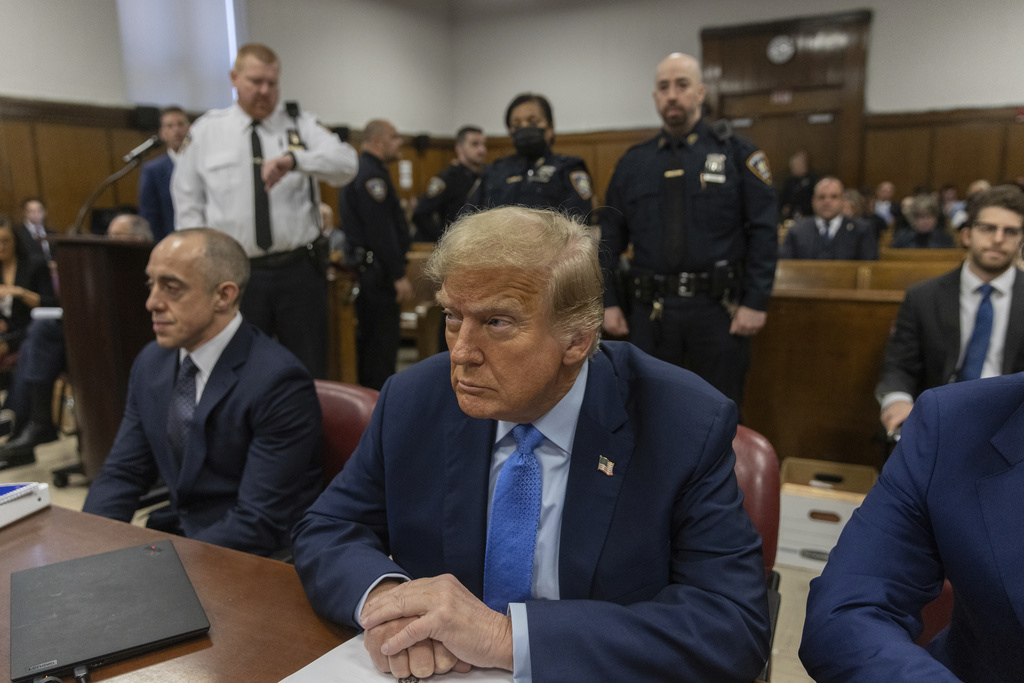The top boss at the Post is William Lewis, the newspaper’s CEO and publisher, who was hired in late 2023 from The Wall Street Journal when the Post was expected to end the year $100 million in the hole and slash its payroll by 10%.
Over the weekend, Lewis walked into the Post newsroom for a tense face-to-face meeting after Sally Buzbee, the newspaper executive order, was shown the door. Buzbee had refused to cooperate with a restructuring plan that divided news coverage into three separate newsrooms, according to a Fox News story.
Curtis Houck, of the Media Research Center, tells AFN the Post has experienced a 50% drop in online readers on top of losing tens of millions in revenue.

With tens of millions in lost revenue, and a shrinking readership, Williams laid it all on the line.
“We are going to turn this thing around, but let’s not sugarcoat it: it needs turning around," Lewis told the newspaper staff. "We are losing large amounts of money. Your audience has halved in recent years. People are not reading your stuff. Right. I can’t sugarcoat it anymore."
After his frank warning, a senior political correspondent complained Williams was hiring two of his “buddies” from two others newspapers to oversee the restructuring plan.
“The most cynical interpretation sort of feels like you chose two of your buddies to come in and help run the Post," the reporter said. "And we now have four white men running three newsrooms."
Lewis had promised more "diversity" at the Post when he was hired last year, the boss was reminded.
Houck says the Post’s journalists haven’t figured out – or don’t care – that readers have to want to read what you write.
“They believe their product, in their worldview, on its own, should be enough to force people to care about them,” Houck says.
Former editor says drop neutrality
Houck’s observation about modern-day journalism was demonstrated by Dan Froomkin, a former Washington Post editor.
In a commentary about Lewis’ newsroom confrontation, Froomkin says the Post should become “the first elite newsroom” to abandon its traditional role as a neutral observer. Instead, he writes, the Post should “actively warn readers that at this moment in our history, one party’s faults are wildly more dangerous than the other’s to both the free press and to a free country.”
One problem with that suggestion, however, is The Washington Post was already doing that years ago. “The campaign to impeach President Trump has begun,” read the Post headline in January 2016, the same morning Trump was inaugurated.
The Washington Post also adopted the ominous phrase “Democracy Dies in the Darkness” in February 2017, one month after Trump took office.
Houck tells AFN there is another possible solution to The Washington Post gaining more readers: Donald Trump returning to the White House.
“Maybe they should root for a Trump presidency because, at this point,” Houck observes, “maybe the Trump presidency is the only thing that could truly save The Washington Post.”







